Oral Surgery - Catoosa, OK
Comprehensive Care
Doesn’t Stop at Surgery
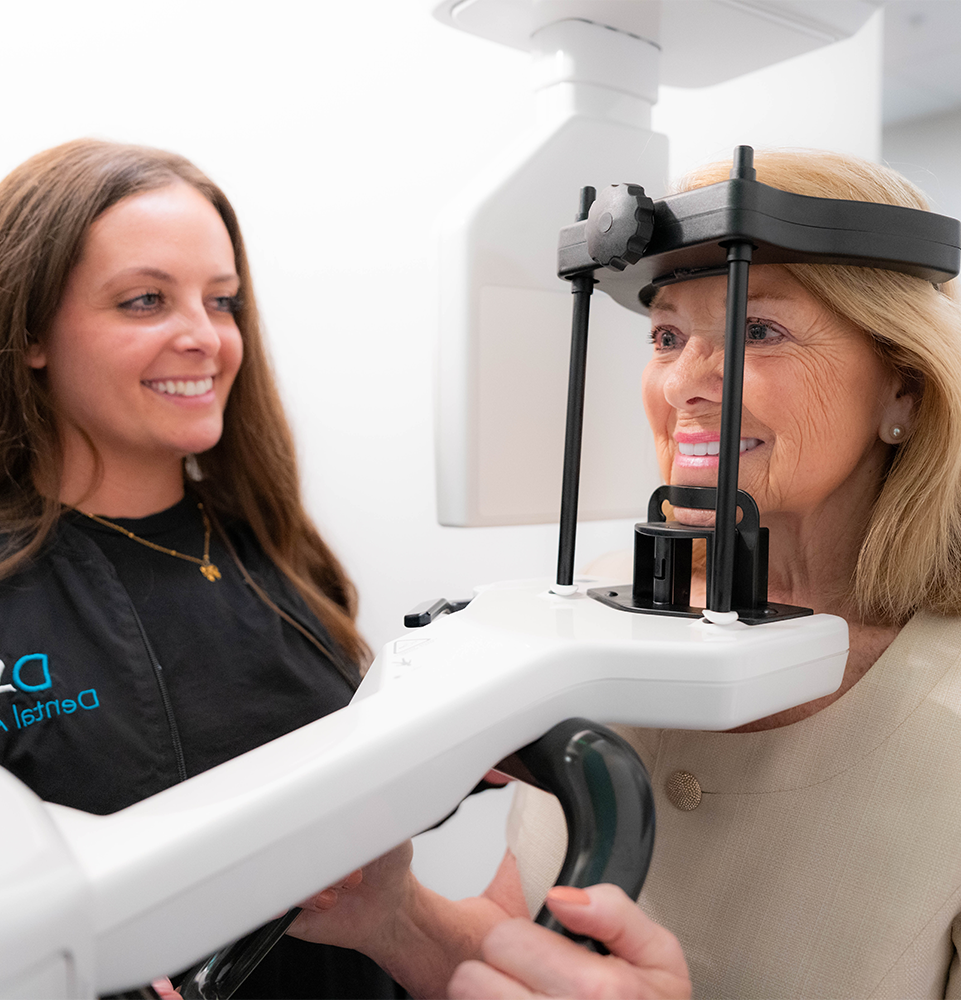
Restoring Your Health, Comfort, and Confidence
Dental pain, facial trauma, or severe oral health issues can affect every part of your life. Our Dental Arts of Oklahoma team provides advanced, personalized oral surgery to restore your mouth’s health, function, and comfort.
Whether you need affordable wisdom tooth extractions, replacements for missing teeth, or a solution to bone loss, we use modern techniques and advanced technology to make every procedure safe, predictable, and effective. With options for effective pain control and sedation, your oral surgery in Catoosa, Locust Grove, Tulsa, Nowata, and Bixby, OK, will be as smooth and pain-free as possible.
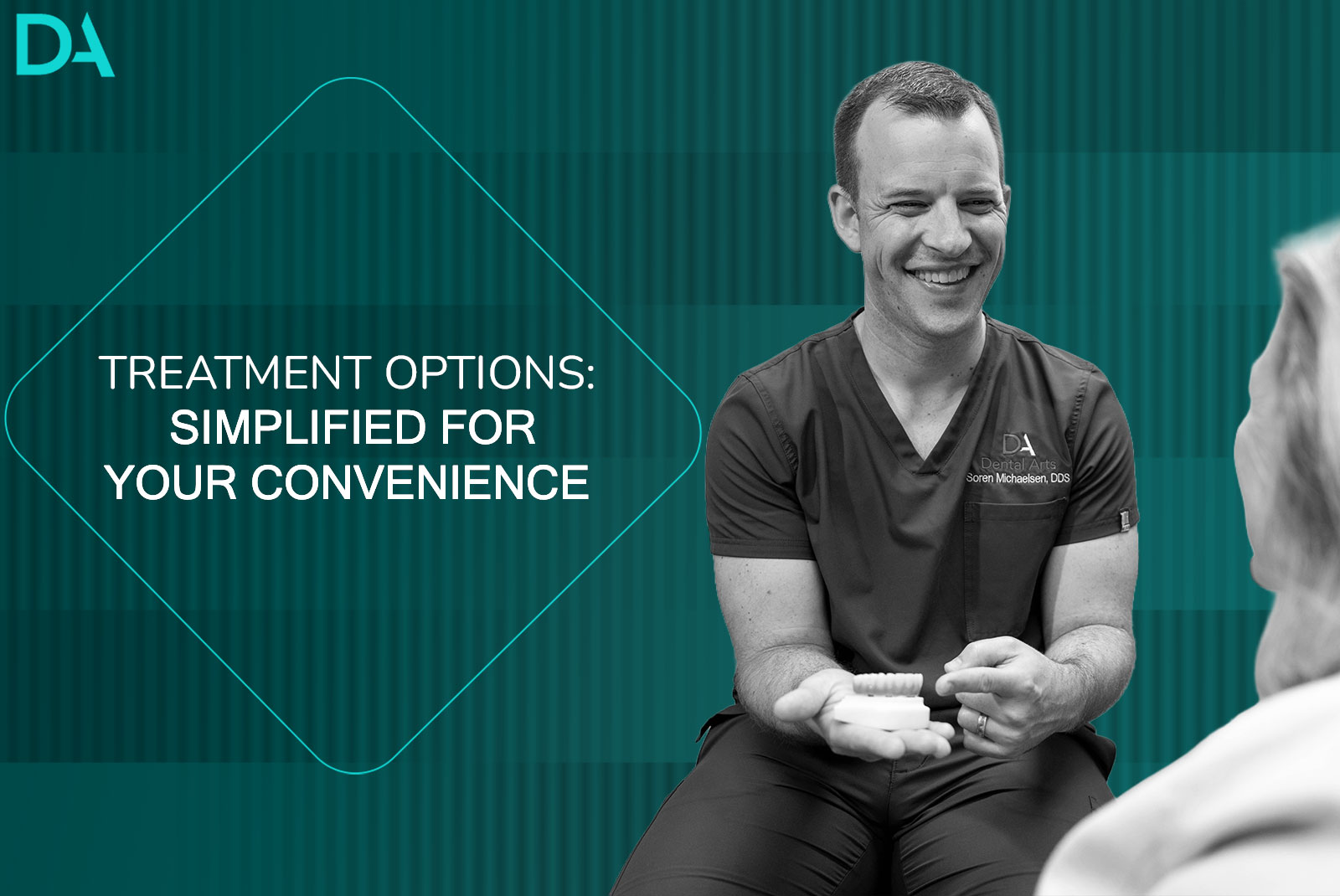
Oral Surgery Solutions Tailored to Your Needs and Goals
Like every treatment at Dental Arts of Oklahoma, we take the time to understand your needs, evaluate your condition thoroughly, and recommend only what’s necessary. From the first consultation to your final follow-up, our Catoosa, Locust Grove, Tulsa, Nowata, and Bixby, OK, team focuses on your comfort, safety, and results. Our oral surgery treatments are planned with care and precision, so you always feel confident in your care.
Our Oral Surgery Treatments
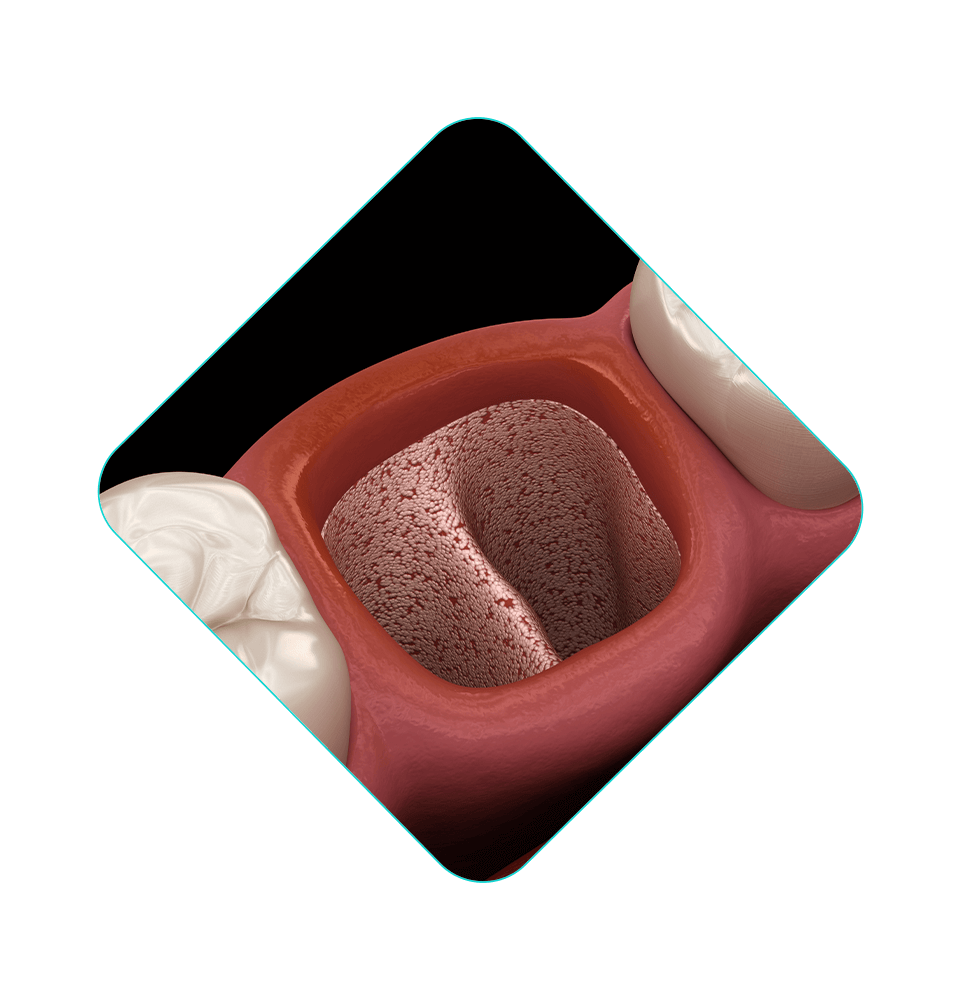
Tooth Extractions
When a tooth becomes too damaged to repair, a tooth extraction may be necessary. After gently removing your natural tooth, we provide options such as dental bridges, implants, and dentures to rebuild your complete smile.
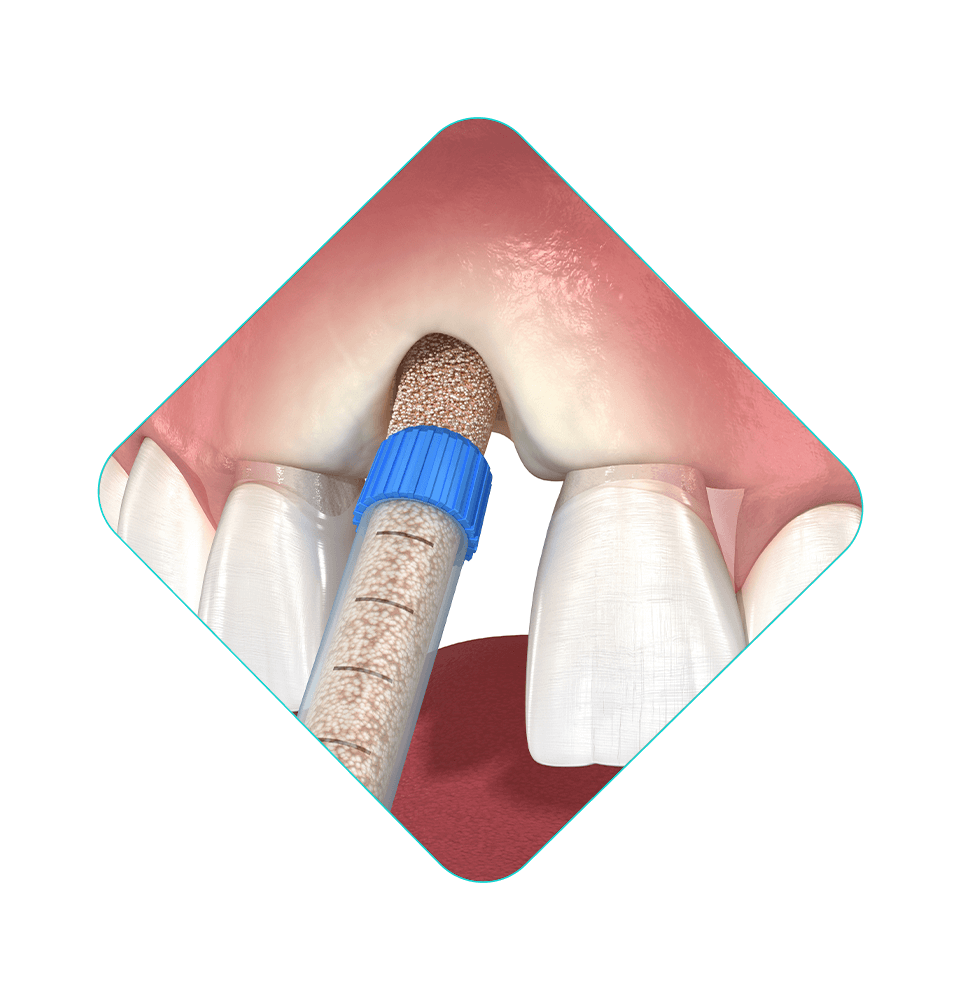
Bone Grafting
There are many issues that can cause the jawbone to shrink, including periodontal disease, chronic health issues, and living with missing teeth for a prolonged period.
Bone grafting in Catoosa, Locust Grove, Tulsa, Nowata, or Bixby, OK, is a procedure to rebuild the jawbone to its proper shape and strength or stabilize the bone socket after an extraction. We frequently recommend this treatment to make you a better candidate for dental implants.
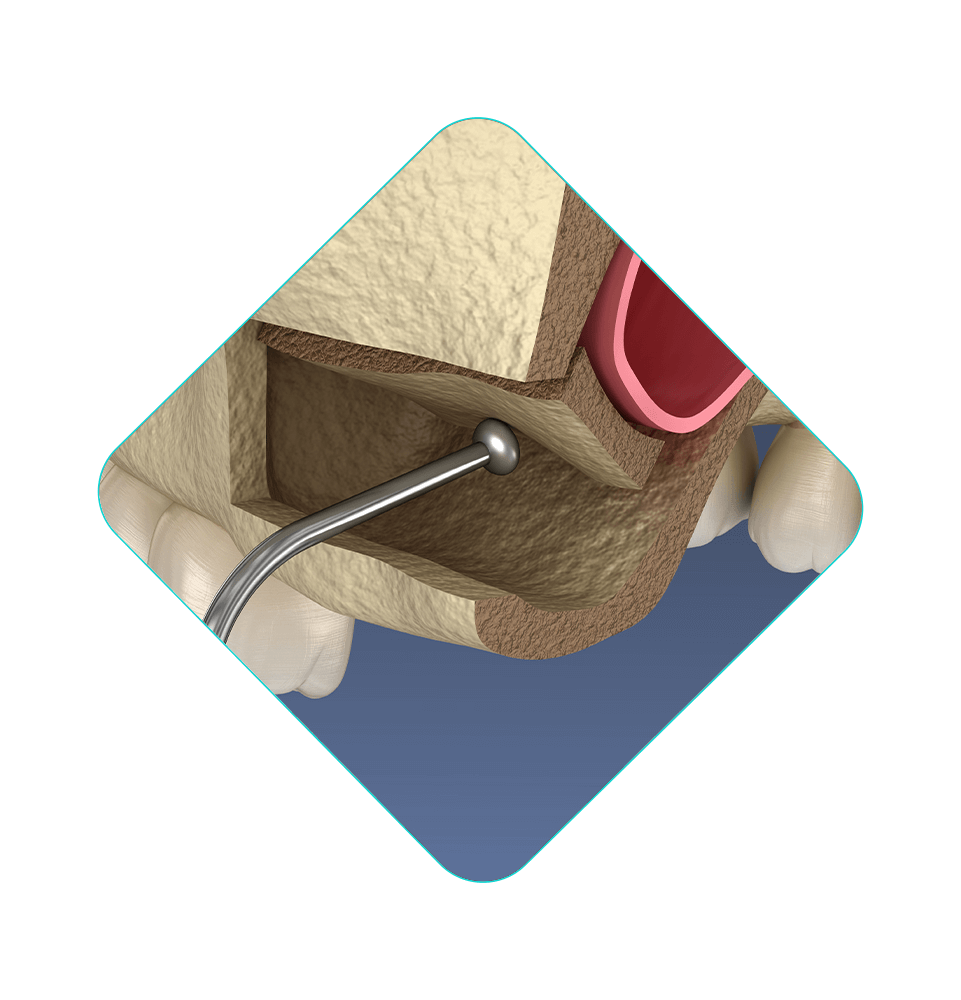
Sinus Lift
The roots of the upper molars and premolars sit very close to the maxillary sinus floor (where you might feel pressure when you have a cold). If you don’t have enough healthy bone for dental implants to replace teeth toward the back of your upper arch, we can gently lift the mucosa in the sinus and add bone tissue to create the necessary support.
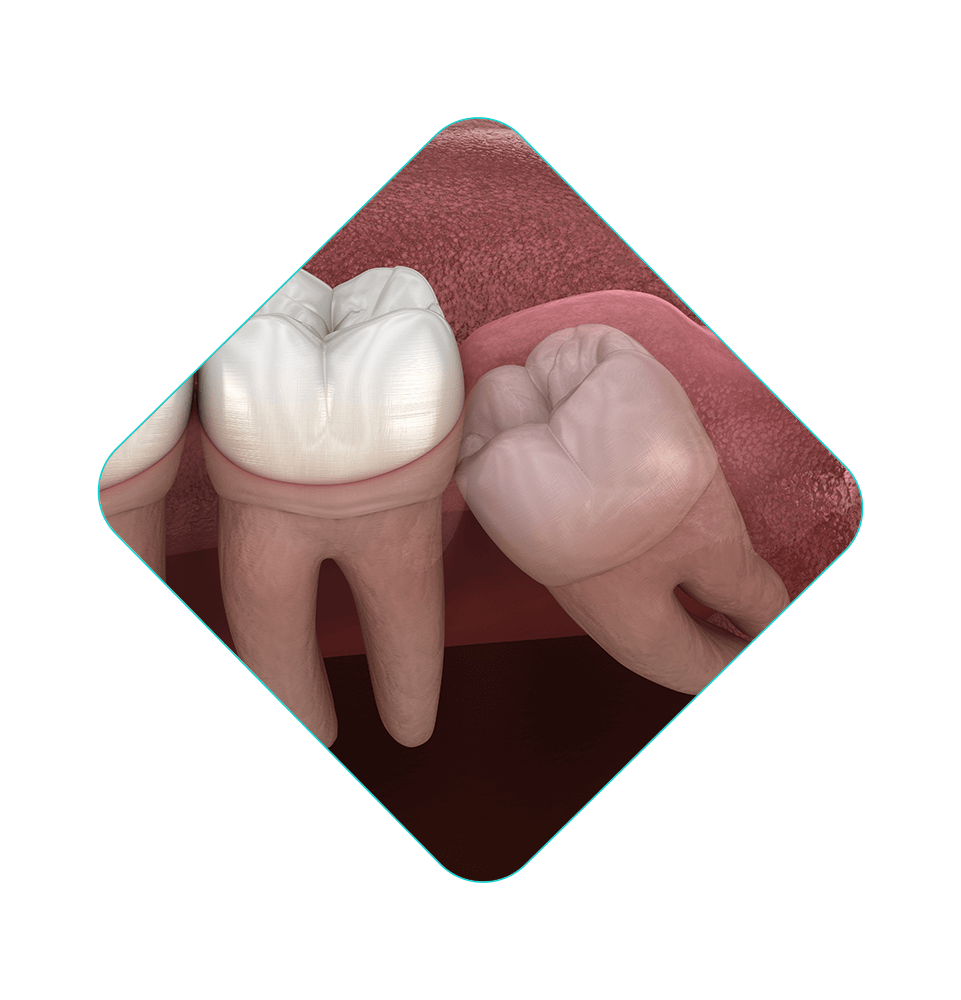
Wisdom Tooth Extractions
Wisdom teeth can cause serious oral health problems, including pain in the ear or jaw, infections, cysts, and damage to other molars. Timely wisdom tooth extractions in Catoosa, Locust Grove, Tulsa, Nowata, or Bixby, OK, can relieve discomfort and protect your oral health by preventing future problems.
We understand that wisdom tooth extractions are many people’s first experience with surgery of any kind. That’s why we provide gentle, compassionate care, focusing on comfort, clear communication, and a calming environment to ensure every patient feels safe and supported throughout the process.
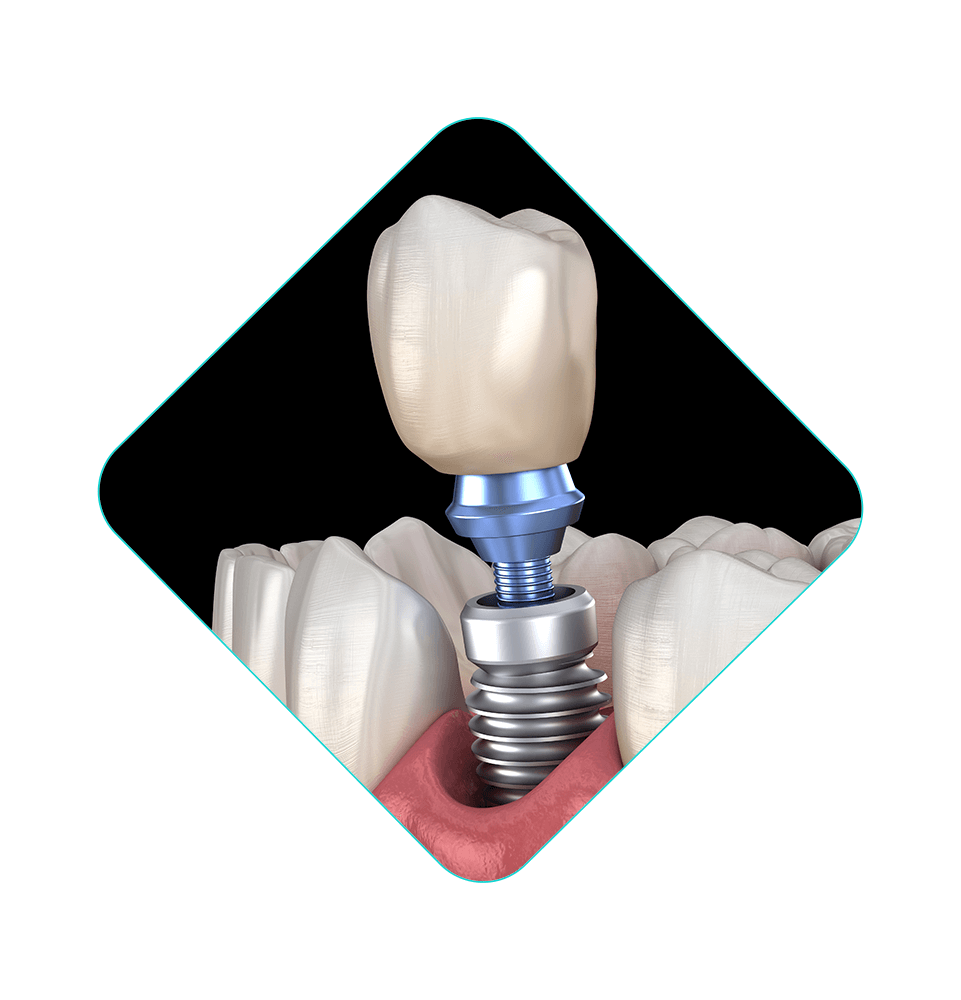
Dental Implant Surgery
Dental implants in Catoosa, Locust Grove, Tulsa, Nowata, or Bixby, OK, are the gold standard for replacing missing teeth. If you’re facing total tooth loss or you’re tired of struggling with ill-fitting dentures, full-mouth dental implants can completely rebuild your smile. We provide all phases of this life-changing treatment, from surgical placement to custom-made restorations, in the same comfortable place.
